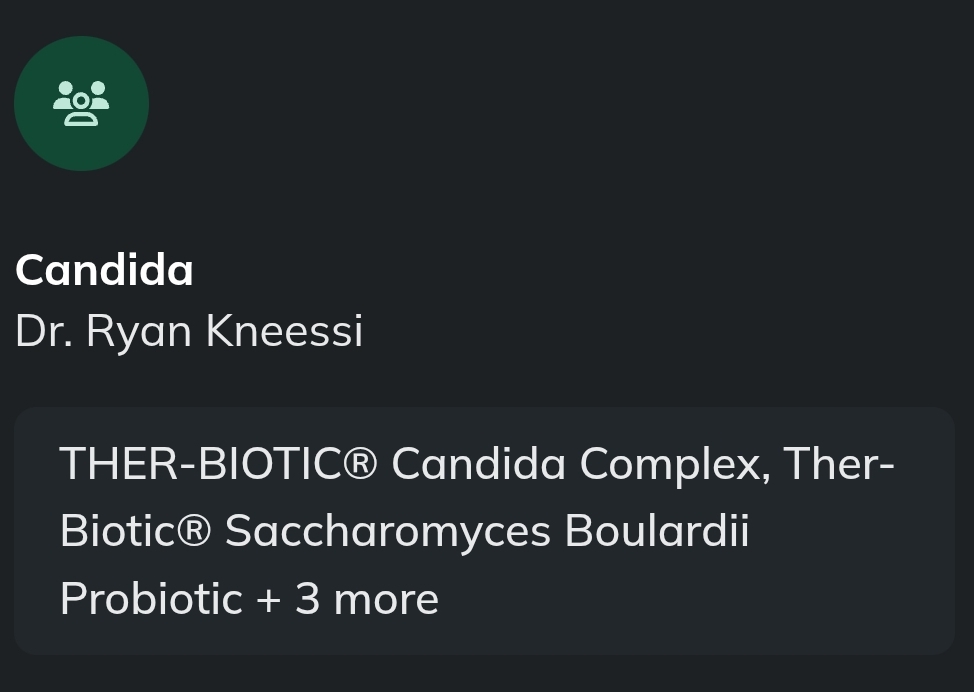What is Candida?
Candida is a type of yeast that naturally lives in small amounts within the gut, mouth, vagina, and on the skin. Under normal conditions, it coexists harmoniously with other microbes in the body. However, when the balance of flora is disrupted, candida can overgrow, leading to a condition known as candidiasis or candida overgrowth.
Symptoms of Candida Overgrowth
- Digestive Issues: Bloating, gas, constipation, or diarrhea, especially after consuming carbohydrates.
- Oral Thrush: White or yellow patches in the mouth, painful swallowing, cracked corners of the mouth.
- Vaginal Yeast Infections: Itching, redness, pain, and a thick, white discharge.
- Skin: Rashes, particularly in skin folds, athlete’s foot, or nail infections.
- Systemic Symptoms: Fatigue, brain fog, mood swings, sugar cravings, headaches, and muscle aches.
Causes and Contributing Factors
- Antibiotic Use: Can kill off beneficial bacteria, allowing candida to thrive.
- High Sugar Diet: Candida feeds on sugars and refined carbohydrates.
- Immune System Suppression: From medications or illness, reducing the body’s ability to keep candida in check.
- Hormonal Changes: Such as those during pregnancy or from hormonal contraceptives.
- Stress: Chronic stress can weaken the immune response.
Diagnosis
- Symptom Analysis: Often, a detailed questionnaire or symptom diary can help identify patterns indicative of candida.
- Stool Tests: Like the GI Effects Comprehensive Stool Test, to look at the gut microbiome and candida levels.
- Other Tests: Might include organic acid tests to check for yeast byproducts or food allergy panels.
Naturopathic Treatment Approach
Dietary Changes:
- Reduce Sugar and Refined Carbs: Limit sweets, white bread, pasta, and processed foods which feed candida.
- Anti-Fungal Foods: Incorporate foods like garlic, coconut oil, and oregano which have natural anti-fungal properties.
- Probiotic-Rich Foods: Fermented foods like sauerkraut, kimchi, and yogurt to replenish good bacteria.
- Increase Protein intake
Supplements:
- Probiotics: To restore beneficial bacteria, especially Lactobacillus strains like L. acidophilus. Saccharomyces boullardii
- Natural Antifungals: Supplements such as berberine, caprylic acid, or oregano oil might be recommended.
- Herbal Medicine: thyme, tea tree oil, neem, and olive leaf can be used in various forms for their antifungal properties.
Lifestyle Modifications:
- Stress Management: Techniques like meditation or yoga to support immune health.
- Sleep: Adequate rest to enhance immune function.
Topical Treatments:
- For skin or vaginal infections, natural creams or suppositories with antifungal properties might be advised.
Prevention and Maintenance
- Maintain a balanced diet low in sugars.
- Regularly consume probiotic foods or supplements.
- Manage stress and ensure good sleep hygiene.
- Limit or avoid antibiotics unless absolutely necessary, and if used, follow with probiotic therapy.

